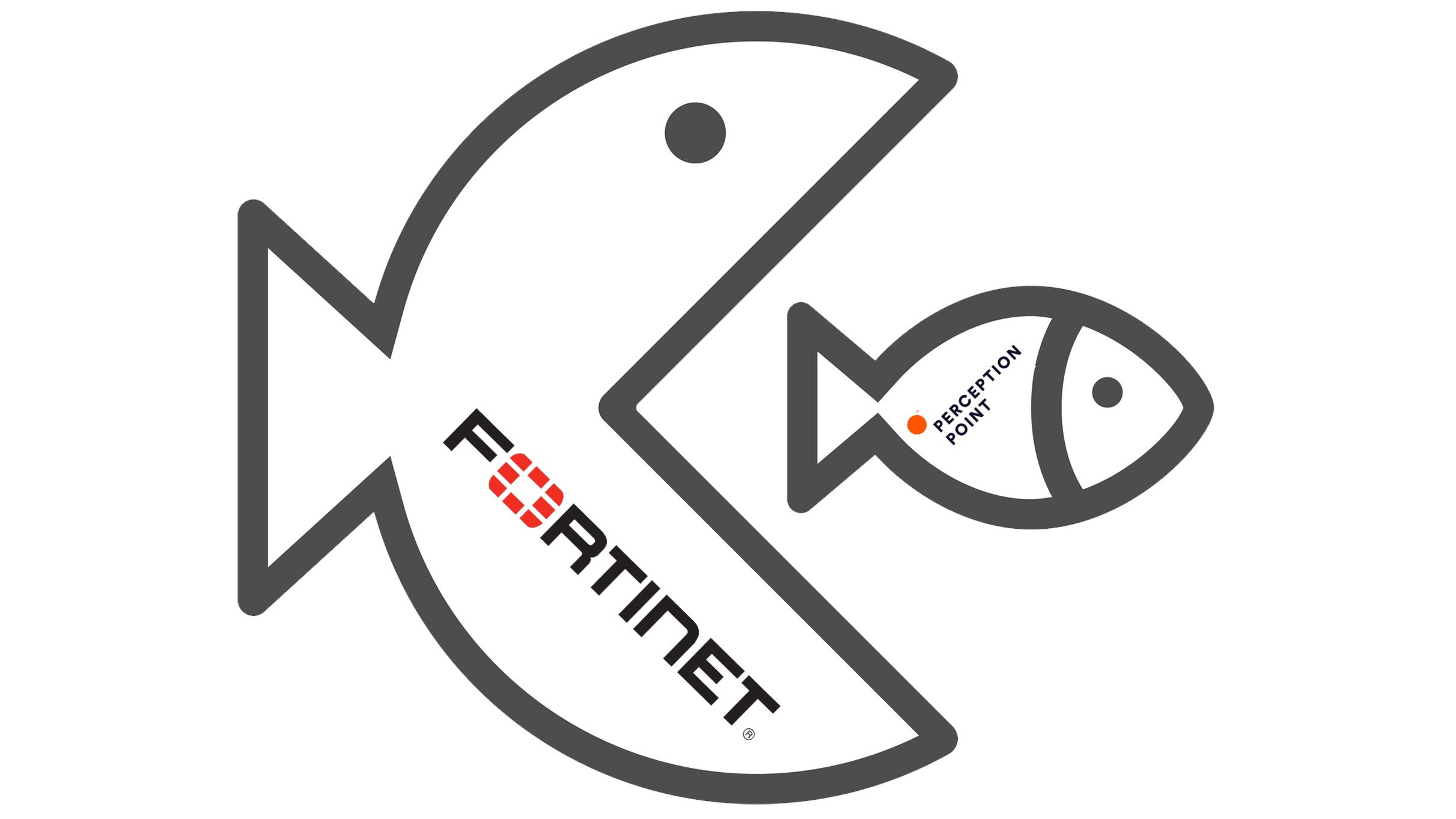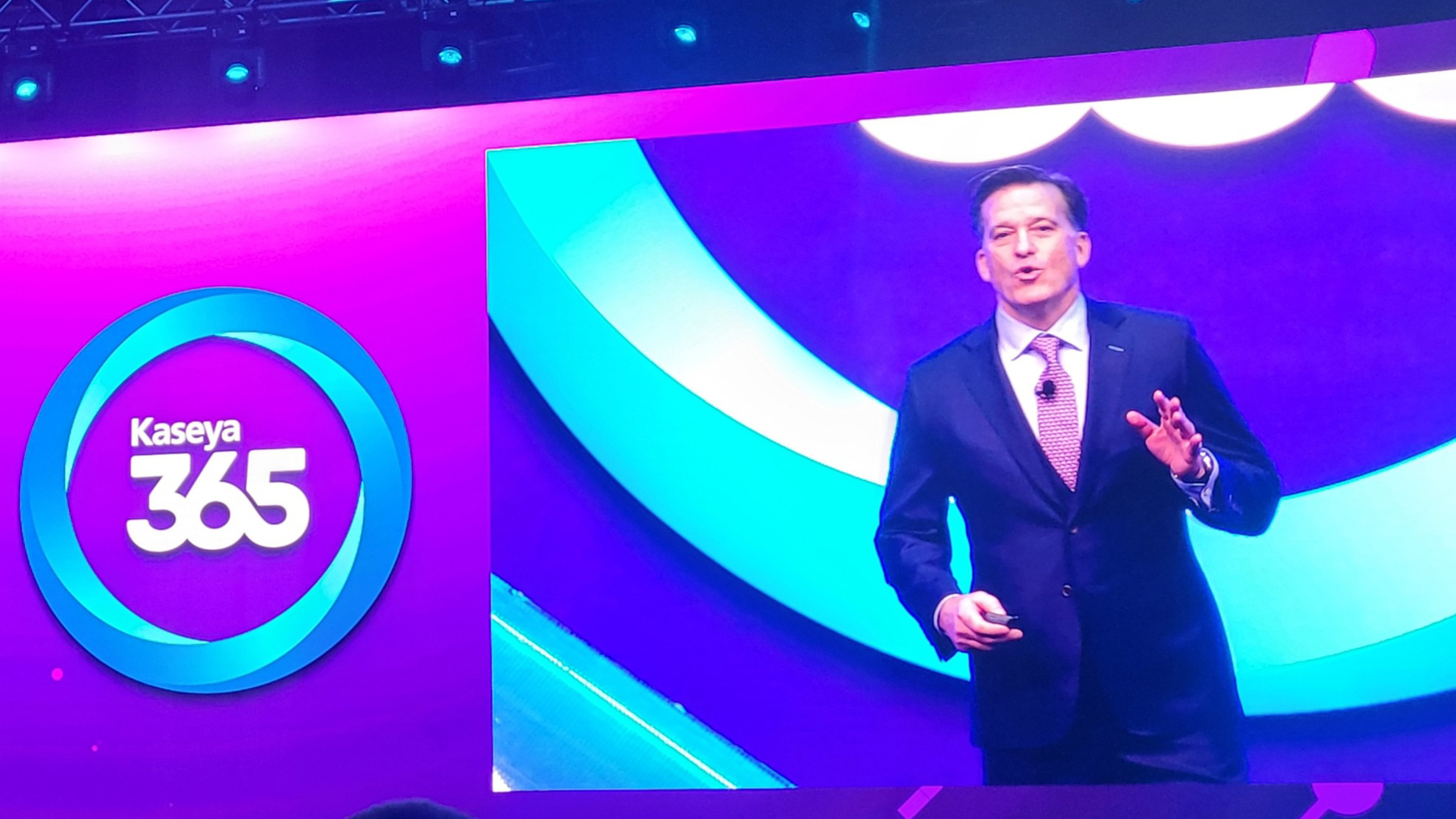Meet Jon Roskill
Say hello to the new chief in charge of Microsoft’s worldwide partner program, and find out what he considers his top priorities.
By Rich Freeman
Microsoft’s Worldwide Partner Conference, held last July in Washington, D.C., marked the public debut of Jon Roskill as the new leader of Microsoft’s sprawling global partner program, the Microsoft Partner Network.  For many in attendance, it was also the first contact they had ever had with Roskill, an 18-year Microsoft veteran who was formerly head of the company’s U.S. marketing organization. ChannelPro-SMB recently spoke with Roskill about his first days on the job, his top priorities for the coming months, and—need we say it?—cloud computing.
For many in attendance, it was also the first contact they had ever had with Roskill, an 18-year Microsoft veteran who was formerly head of the company’s U.S. marketing organization. ChannelPro-SMB recently spoke with Roskill about his first days on the job, his top priorities for the coming months, and—need we say it?—cloud computing.
ChannelPro-SMB: What have you been hearing from partners so far? What seem to be the biggest issues on their mind?
Roskill: Definitely they’ve got the focus on the cloud. They’ve got [that] it’s an important thing to Microsoft, and I think we have been able to articulate much more clearly than even a year ago how partners play in our cloud vision and how they can make money in our cloud vision. And then, two, they are still balancing that with the focus on their existing Microsoft business … so really kicking in with Windows 7, some of the new SQL Server offerings that were shipped with R2, hypervisors, the Hyper-V offering, and the way we’re going after VMware in that space, and things like Office Web Apps.
ChannelPro-SMB: What are your top priorities for this fiscal year?
Roskill: It really revolves around two, you could almost say two and a half, things. One is at [the Worldwide Partner Conference] we announced the next evolution of the Microsoft Partner Network program, the new competencies, Gold and Silver, and so that’s being rolled out right now. [We’re] making sure we’re doing everything we can to help partners get the information they need to understand how to make that transition and make that transition successfully.
And then the second piece is the cloud computing in parallel, and at WPC we announced two new partner programs: a breadth program called Cloud Essentials, for which we’re targeting over 30,000 partners; and a depth program, which comes with a brand attached to it, and that’s the Cloud Accelerate partner, which is something you can put on your business card and declare you’re a Cloud Accelerate partner.
Then the “half” is the overarching network across all of that: partner satisfaction, partner success, the work we do through the partner network portal … just generally helping partners be as successful as they can is the half.
ChannelPro-SMB: You were talking about changes to the partner program. What kind of feedback are you getting from partners so far?
Roskill: I think partners understand that things need to evolve as the market evolves, and I think we’ve been able to articulate well [that] the changes we’ve put in place are very customer-oriented or customer-driven, and once they see that, then they actually get excited about it.
For the smaller partners, I think there’s a misperception that the competency requirements [to become a Gold partner] are somehow blocking them out. But you can be a midmarket certified Gold partner with only three certified engineers on your staff, and that gives you access to all of our Gold partner programs. And for some of the smaller folks, once they learn that, they also are excited about it.
ChannelPro-SMB: Turning specifically to the SMB market, what are some of the biggest technology trends you’re seeing right now?
Roskill: Let’s just start with the cloud. You’ll hear Microsoft talk a lot about the big customers we’ve won with [the Microsoft Business Productivity Online Suite, aka BPOS]. What’s interesting is that while we have a lot of these big accounts, we’ve got this incredible long tail of customers that are in the five to, say, 50 range that are signed up running BPOS today. And so we’ve clearly delivered an offering that’s hitting a sweet spot for that set of customers.
I also think that we’ve had a breakthrough with [SMBs] around Windows 7. I don’t think we had the kind of excitement with Vista that we’re seeing with Windows 7.
ChannelPro-SMB: Following up on cloud computing, there’s still some skepticism in the SMB channel about that. What would you say to a partner who doesn’t view cloud computing as an important opportunity right now?
Roskill: I would say that they need to be thoughtful about this. There are partners out there that are happy running what we would call a “lifestyle practice,” where they’ve got a base of loyal customers, and they make enough money in that space, and they take care of them well, and life’s good. They’re kind of happy with how that’s going. And if that’s the space they’re in and they’re happy, all the power to them. But this is clearly a transitional period in the computing industry, and so they need to be thoughtful on how long that model [is] going to exist for them. And so what I’d say to the broad partner community is to encourage people to get in early, start building the practice in parallel, and if it’s not appropriate for the customer, the customer is not interested, that’s OK. There are absolutely customers out there that are interested, and don’t get left behind.
ChannelPro-SMB: There are two common reservations among SMB partners about cloud computing. One is margins and the other would be relationships, allowing Microsoft to have a direct billing relationship, for example, with their customers. How would you address those?
Roskill: To be very precise on margins, the margins we’re paying on BPOS, on CRM Online, they’re some of the richest margins that Microsoft has ever paid on any product. Twelve percent in year one; 6 percent in ongoing years in annuity for resellers on BPOS is an incredibly rich offering to build an annuity work stream around.
And then number two, the concern around being disintermediated: We’re the only software vendor that has shown a model that we believe will be successful at growing a market through distribution and with a traditional partner base. So no one else out there, none of the other cloud vendors, is doing what we’re doing, and we’re doing that because we want to get the breadth of scale that the resellers who work with the disties in a traditional way bring to the table. We’re excited about that, so we’re not looking to disintermediate; we’re actually looking to leverage [the channel]. The margins we’re paying and then the tools we’ve delivered show we are very sincere about our desire to play with the channel, not in the short term but in the long term.
RICH FREEMAN is ChannelPro-SMB‘s senior consulting editor.













